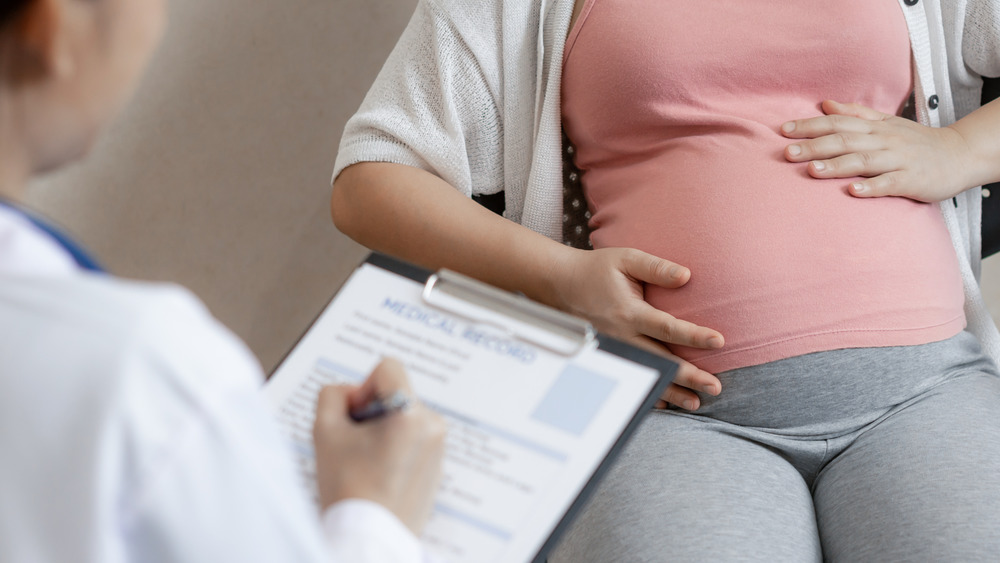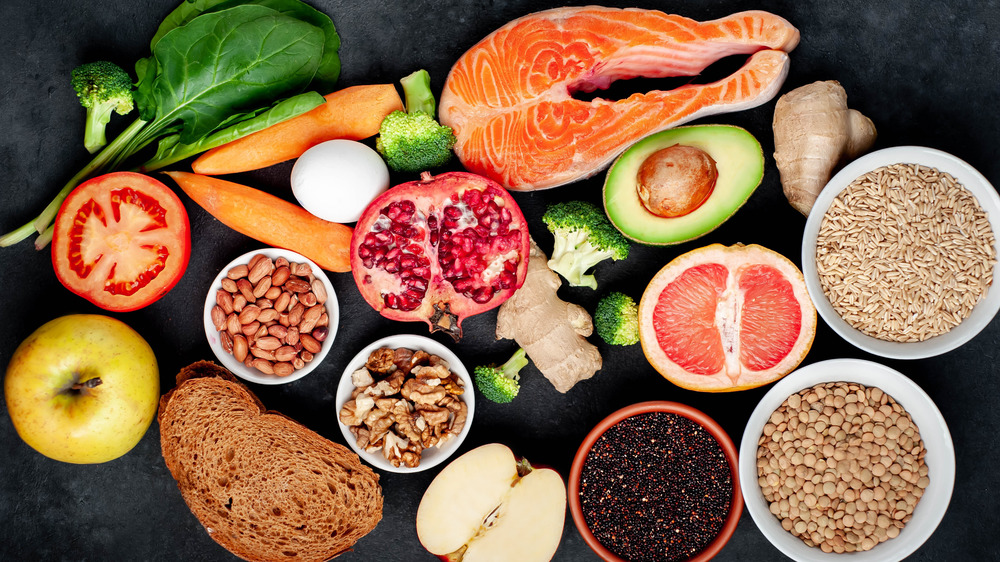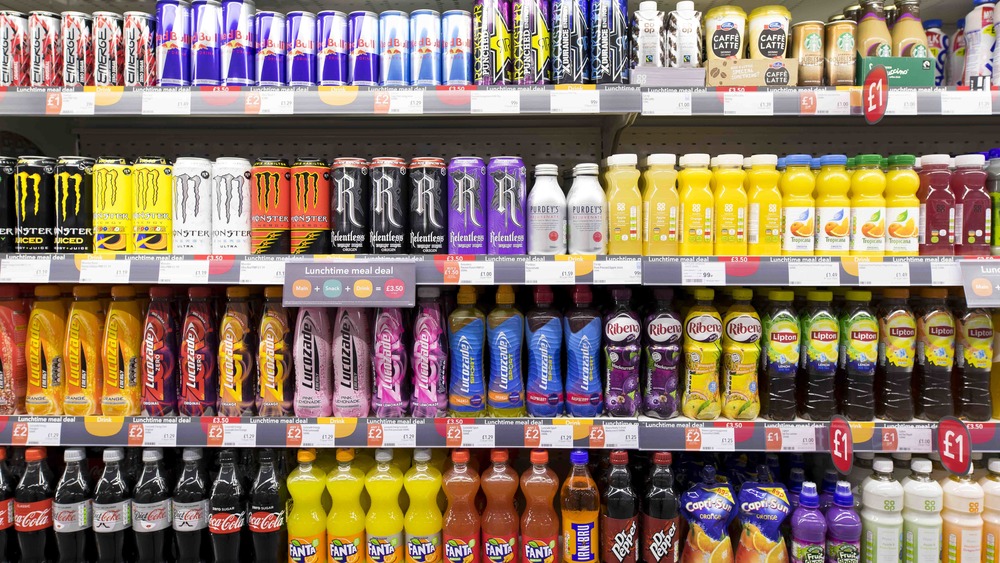OB/GYN Reveals The Best And Worst Foods To Eat While Pregnant
One of the first questions a person expecting a baby tends to ask their doctor is what to eat and what not to eat to ensure both the health and growth of the baby and their own health and wellness during the pregnancy. While the standard dos and don'ts are generally agreed upon across the board (yes to nutritious fruits and veggies, no to alcohol and sushi), there are some do's that are even better than others, and some don'ts that may not be categorically dangerous but should still be avoided for optimal health and wellness of both mom and baby.
To help us better understand these specifics, Dr. Drew Benac, Ob/Gyn at Austin Regional Clinic, sat down with The List to explain how these food choices can benefit you and your baby as you go through one of the most exciting-yet-nerve-wracking experiences of your life. Here's how you can best eat, drink, and be pregnant!
Foods you should eat
Unequivically, Benac says, "The three best foods to include in your diet when pregnant are leafy greens, lean meats and ginger tea." Leafy greens like spinach and kale are high in both fiber and folic acid; fiber helps to relieve constipation, which is a common issue amongst pregnant people, and folic acid has been proven to prevent birth defects of the baby's brain and spine, including anencephaly and spina bifida. Lean meats are important because they excellent sources of protein, which Benac says "is very important for the development and growth of the baby." Meats in this category can include pork, chicken, beef, lamb, or fish. Benac suggests that you "just aim to have the lower-fat version such as removing the skin for chicken and choosing to grill or bake it instead of frying it." Lean meats also contain amino acids, which are "the building blocks of cells."
Last on the must-have list is ginger tea because most pregnant people experience nausea at some point during their gestation, and ginger tea can help alleviate it. According to Healthline, it's the "volatile oils and phenol compounds called gingerols" that make ginger effective at reducing nausea caused by morning sickness. Ginger is also an effective anti-inflammatory and can help pain like headaches and muscle aches, which makes it an excellent choice for pregnant people's aches and pains, as many traditional pain killers aren't recommended during pregnancy.
Foods you should avoid
Along with the do-not-eat list your doctor will give you, Benac says the three foods you should also avoid include energy drinks, unpasteurized juices and foods with hidden sugars. "There has been a big increase in gestational diabetes, which can lead to complications in pregnancy. It can be prevented by managing how much sugar you eat and drink," he tells us. He went on to explain, "energy drinks, for example, are overloaded with sugar as well as caffeine and should be avoided during pregnancy." Other less obvious sources of added sugar include baked potatoes, condiments and many types of salad dressings, he says.
Interestingly, the reason you need to avoid cold press juices isn't because of the sugar, but because of a potentially more dangerous problem. "Cold press juices are popular right now and taste great," says Benac, but they are also "raw", meaning unlike most bottled, mass-produced juice you buy in the store, they are unpasteurized, which means they risk carrying bacteria that can increase your risk of listeria infection. Listeria is known to cause miscarriage or premature labor, so it's especially important for pregnant people to be extra cautious to avoid it.


